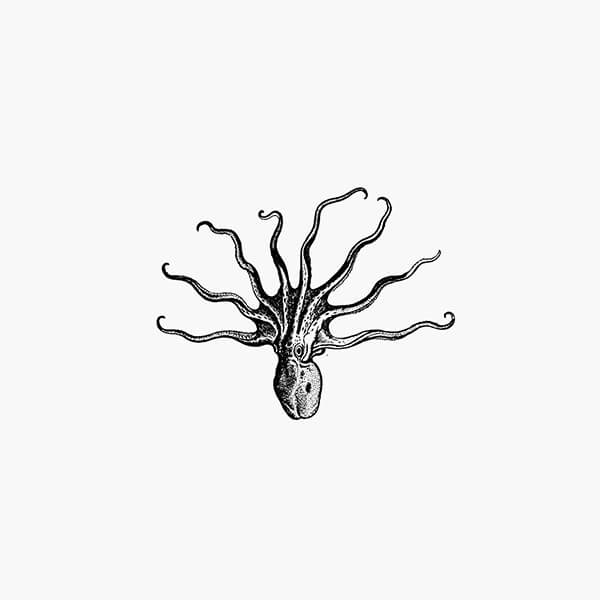


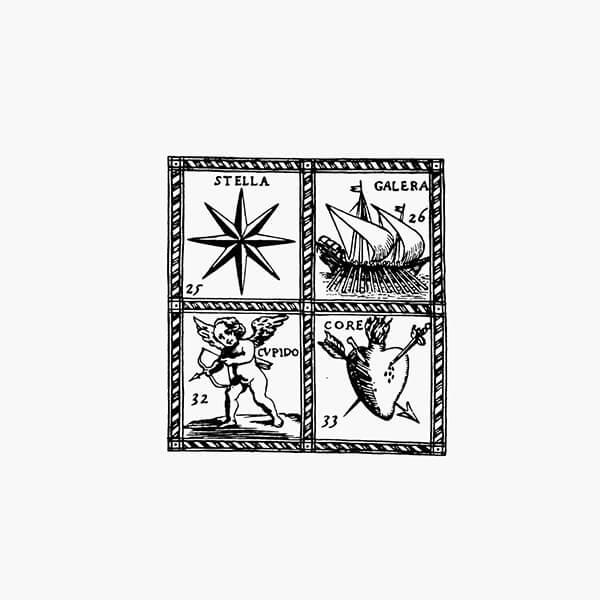


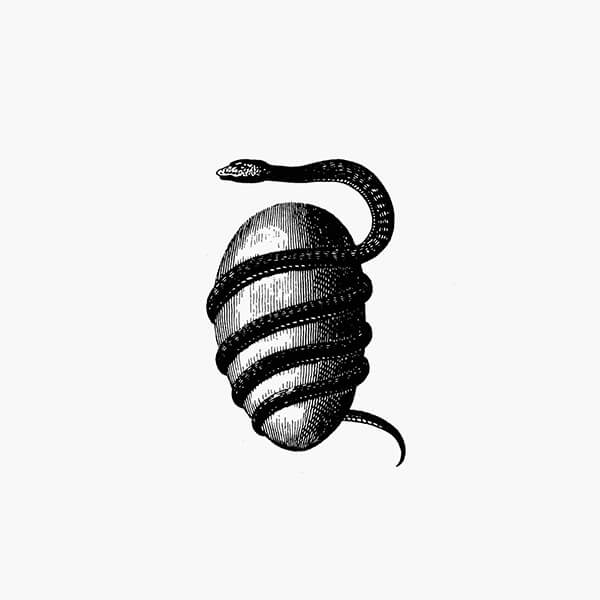

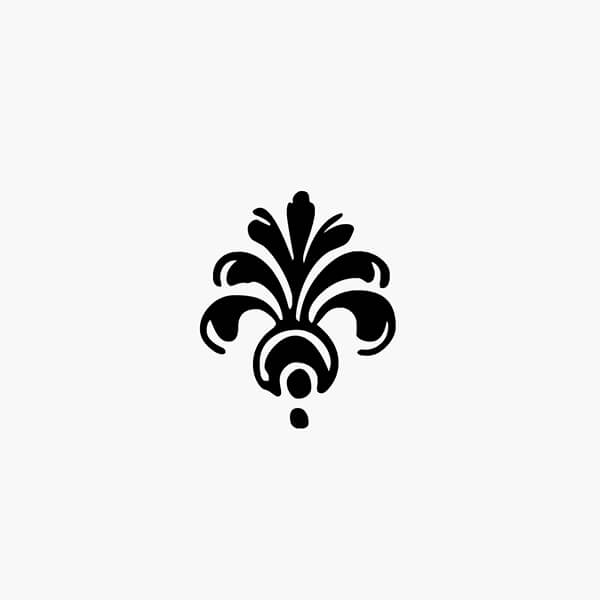
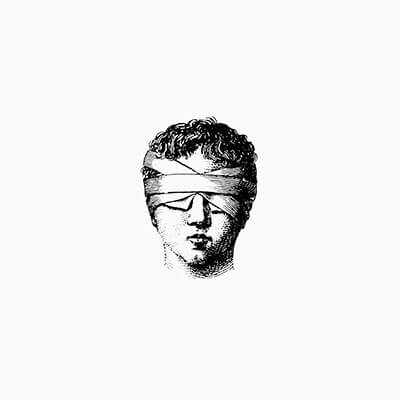




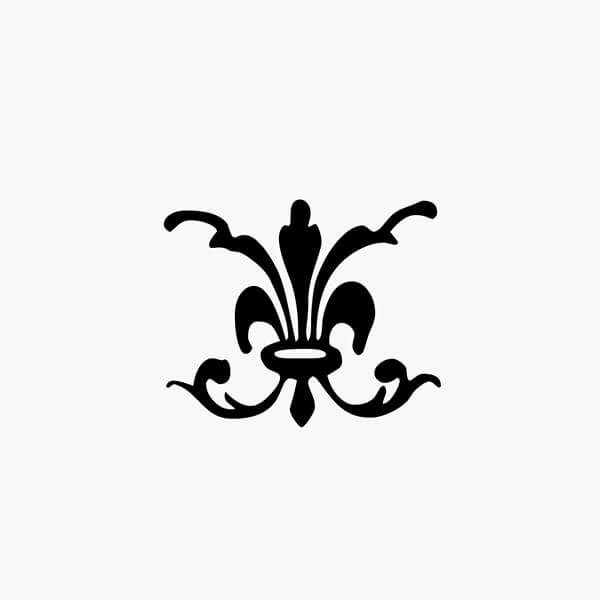





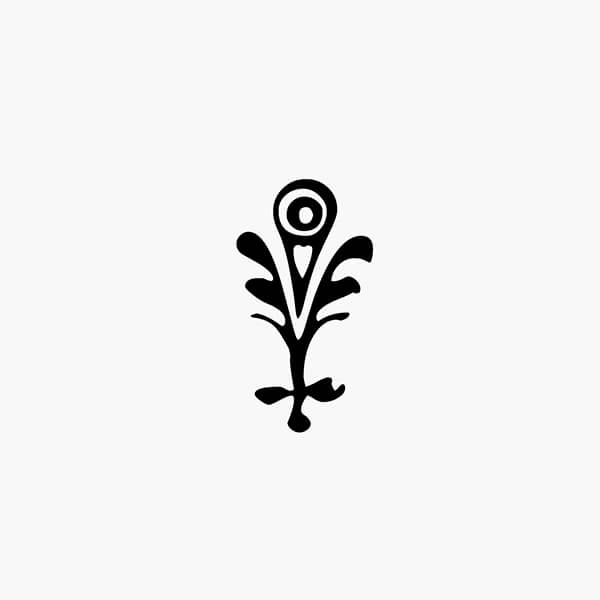


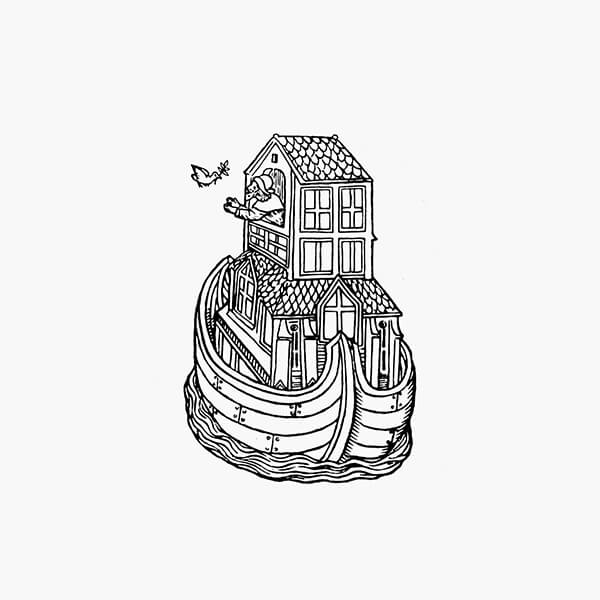


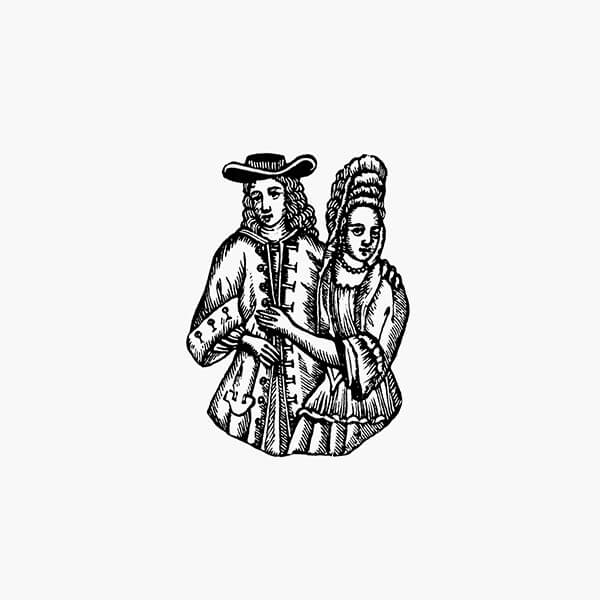

Blue Library
9847 Re, Regina, Fante
Vladimir Nabokov. Introduction by Vladimir Nabokov
1974 / 368 PAGES.
Language: Italian
King, Queen, Knave (Nabokov’s second novel in Russian) showcases the gentle influence of Anna Karenina and a deliberate tribute to Flaubert; Balzac and Stendhal also show up here and there, not at all out of place in 1920s Berlin.
In Nabokov’s creative universe, this second writing endeavour saw the light twice and forty years apart – originally in Russian and later in English – a span of time (1928-1968) allowing the writer to smooth out awkward transitions and develop verbal acrobatics, sleights of hand and subtle correspondences to tell the tale of an incestuous liaison that unfolds in an imaginary and at times alienated Berlin. After all, the presentation of his characters as playing cards and, later, as shop mannequins is dehumanising enough. Nabokov himself considered this, of all his novels, to be the most “cheerful”, precisely because of his tendency to give free rein to his imagination in the depiction – oscillating between satire and comedy – of what was, at the time, a barely scandalous bourgeois adultery. Nabokov himself cites Anna Karenina and Madame Bovary as literary precursors of a theme that had become fairly common by the time he sought to breathe new life into it.